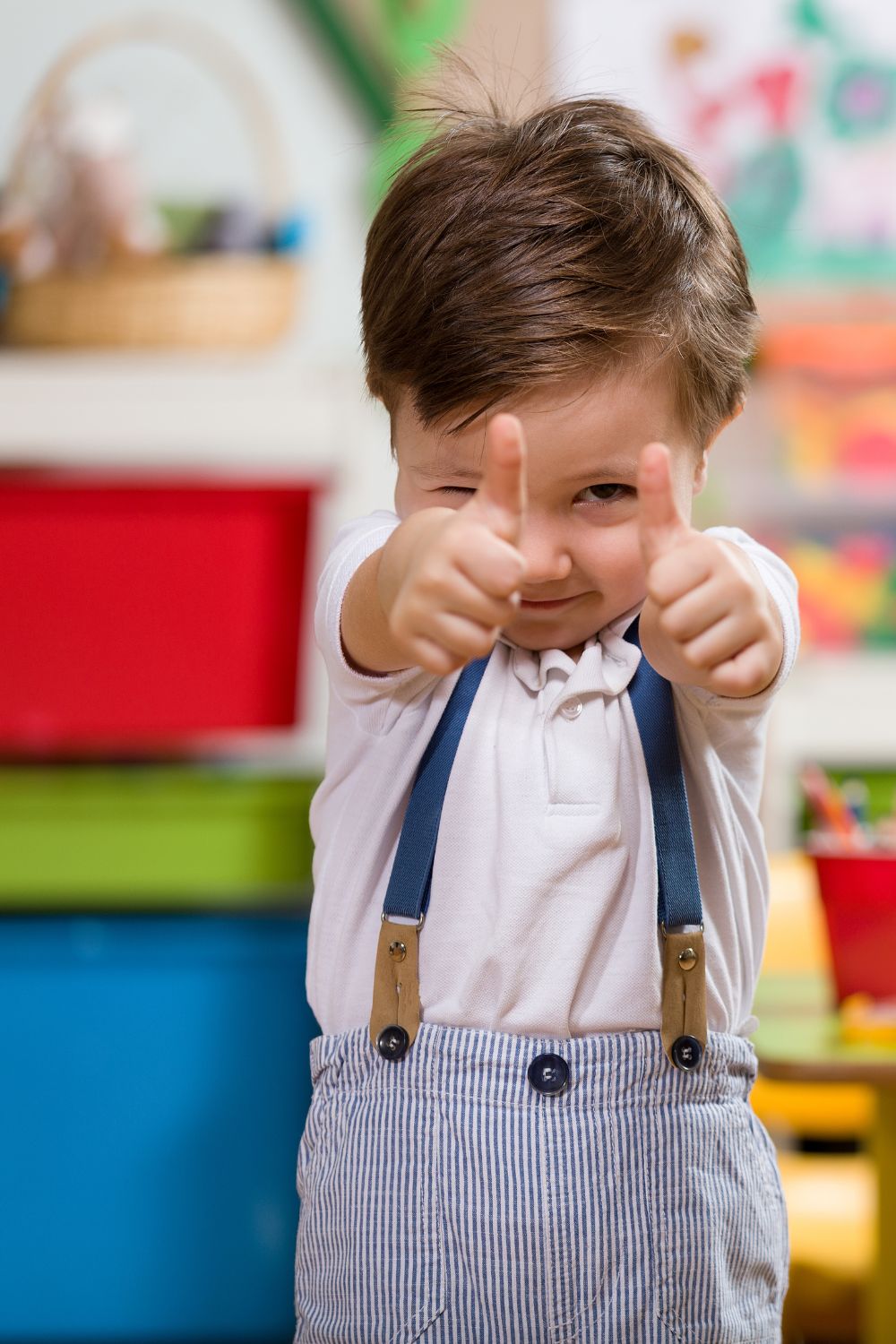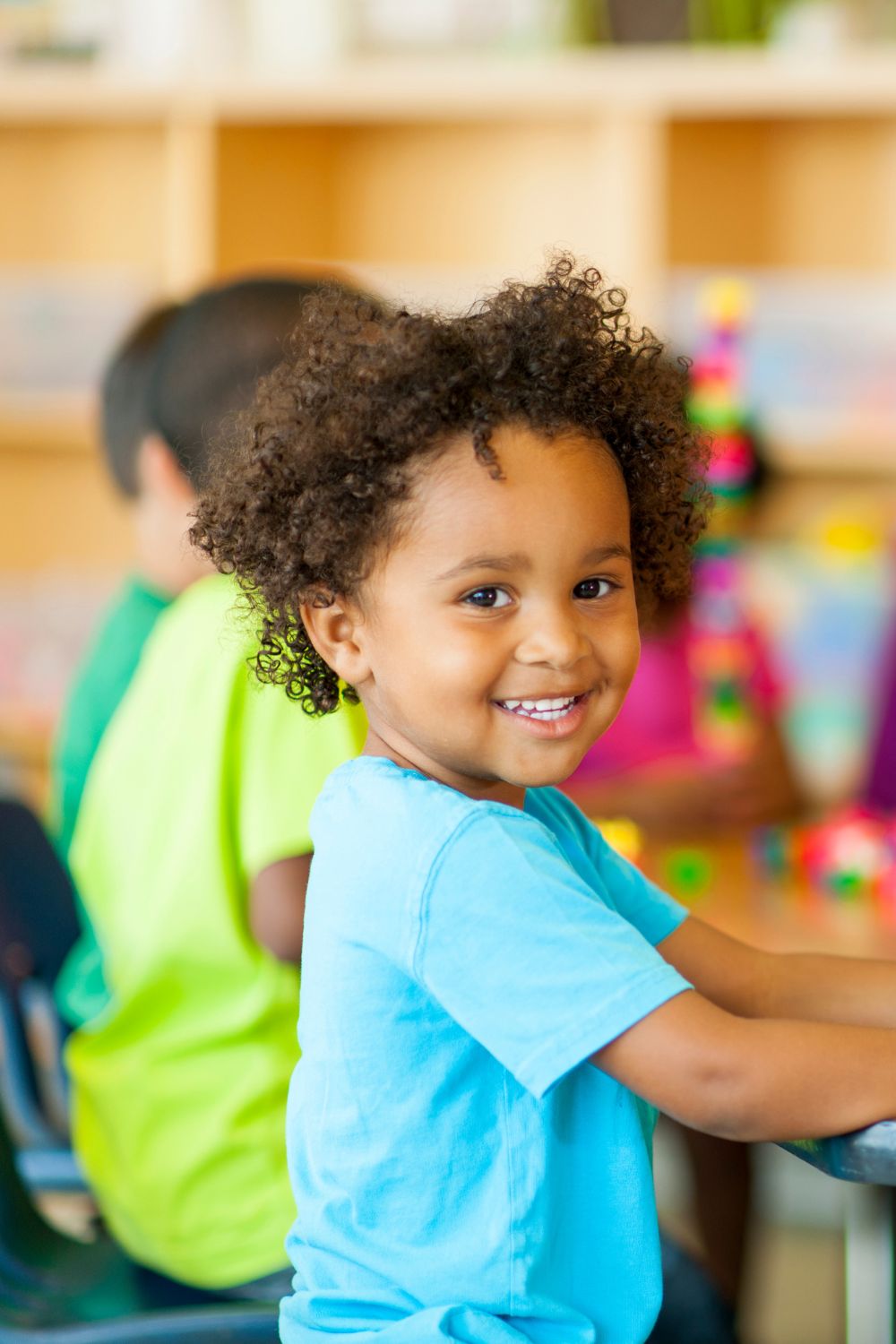Will your child be heading to grade school? Here is a Guide for Moving from Preschool to Grade school and helping your little ones succeed!
Your Go-To Guide For Moving From Preschool To Big School
Because children are born with the capacity to learn, it is important for their parents and other caregivers to begin preparing them for school as soon as they are born. You can ensure that your child not only has the skills necessary to be ready for school but also has the skills necessary to be ready for life if you encourage your child to be an independent and curious learner through talking, playing, and exploring their environment in a safe and secure environment. This will ensure that your child not only has the skills necessary to be ready for school but also has the skills necessary to be ready for life.
The Move From Preschool To School
When it’s time for kids to start school, both the kids and the adults who care for them can experience feelings of anxiety and tension. It is critical that the transition go off without a hitch for the sake of the mental and emotional wellness of your child. Children who receive adequate care are taught how to adapt in a way that is both healthy and effective. You should make every effort to conceal your anxiety from your youngster. Always bear in mind that you are your child’s primary instructor and the person they will look up to the most.
Both your kid’s nursery and their future school will collaborate with you and your child to make the transition from preschool to elementary school as easy as it can possibly be. To accomplish this, you will need to work together. The fact that your child is getting older probably makes you feel a mix of joy and sadness. You might be glad that they are getting older, yet you might be disappointed that they are no longer infants. It is a common practice to act in this way.
What Should My Child Know Before He Or She Starts School?
Children come to school with many different skills and talents. Every child is different and will grow and learn at their own pace.
Children who are ready for school have good social skills, know how to talk about their own needs, can control their emotions, take care of themselves without help, are interested in the world around them, and can handle being away from their parents/caregivers emotionally.
Don’t forget that your child doesn’t have to be able to read, write, or do maths before starting school. If you want to get started though, preschool math concepts could help.
Tips For Getting Your Child Ready For School
- You should encourage your child to try out new places, activities, and people.
- Reassure your child that it’s okay to make mistakes, and encourage them to stay interested in practical activities to improve their ability to focus. Help your child learn how to communicate by playing, talking, singing, and reading with them often.
- Your child shouldn’t need a diaper during the day by the time they start school. Encourage your child to do as much of their own toileting as they can, like wiping their own bums, flushing the toilet, and washing their hands while you watch.
- Give your child chances to play with other kids to help with their emotional development.
- Make sure your child has a good routine for going to sleep. Your child will be better able to handle the demands of school if he or she gets a good night’s sleep.
- Help your child become as independent as possible by having them practice putting on and taking off their clothes. Your child’s confidence can grow with the help of elastic waists and Velcro shoes. Your child will need to be able to dress and undress for physical education (PE) at school.
- Help your child try new things to eat, eat at the table with a knife, fork, and spoon, and drink from an open cup.
- Help your child clean up and take care of their things at home. Your child will have to hang up their coat on their peg and put away the things they were playing with within the classroom.
- Children need praise and encouragement when doing everyday tasks, especially when they reach new goals like eating their vegetables or putting their toys away. Praise builds up a person’s sense of self-worth and self-esteem.
Encourage Independence
Your child will get better at these skills and feel more confident. To help build their confidence, even more, look at these five areas:
Children entering Kindergarten are expected to have a fundamental understanding of how to care for themselves. Encourage your child to dress themselves, including zipping and buttoning jackets, as well as taking them off and putting them back on. In addition to this, they should be able to eat on their own utilizing a knife, fork, and spoon, as well as use the restroom on their own without assistance.
If you want to encourage your children to start getting dressed by themselves, you could start by introducing a get ready game. Lay out all their clothing for the day and get them to get dressed as quickly as possible. You can then get them beat their time. This is great practice for when they need to get changed for PE. You could even lay out their PE kit and school uniform and get them to change from one to other and back again. Maing it a game makes it fun while they are learning an independent skill.
Teach Them How To Interact With Others And Make Friends
Children stand to benefit enormously from the presence of positive peer relationships. Those who have previously attended pre-school or a nursery will already be proficient in socialising; however, you should still encourage your child to talk to other children during play sessions or at the park and invite young friends over for play dates. Those who have not previously attended pre-school or a nursery will not yet be proficient in socializing.
Practice Listening And Communication Skills
It is expected of students in schools that they will listen to what their teachers have to say, refrain from interrupting them, and respond when they are called on. By practising it at home, you may help your kid be ready for ‘circle time,’ which is when the teacher and the whole class sit down together every day to discuss different themes. Either create your own version of “circle time” with your children’s other siblings, or use stuffed animals and dolls, and be sure to encourage conversation during mealtimes with your family, taking turns listening and talking.
Practice Some Reading And Writing
Before beginning their time in Reception, some children may already have the ability to read and write a few simple words, while others will be brand new students. It is essential that your child be able to recognise their own name in order for them to be able to retrieve the appropriate name-labelled jacket or uniform and also locate their own drawer in the classroom. Investigate with your kid how the letters in their name are arranged, and then get them to attempt writing their own name with your assistance.
Express Your Excitement For Starting Big School
The way in which children feel about going to school might differ tremendously. While others are anxious about the prospect of spending the day away from their parents, others can’t wait to get started. Talking positively about your child’s upcoming school experience will help them look forward to it from the very beginning. Visit the classroom, look at the images and projects that other students have created together, and have an upbeat conversation about the activities that your kid will participate in and the people they will meet.
Do you know any other tips that may help? Please share some of them in the comments below.


Leave A Reply!